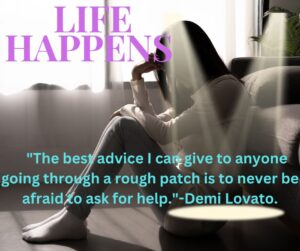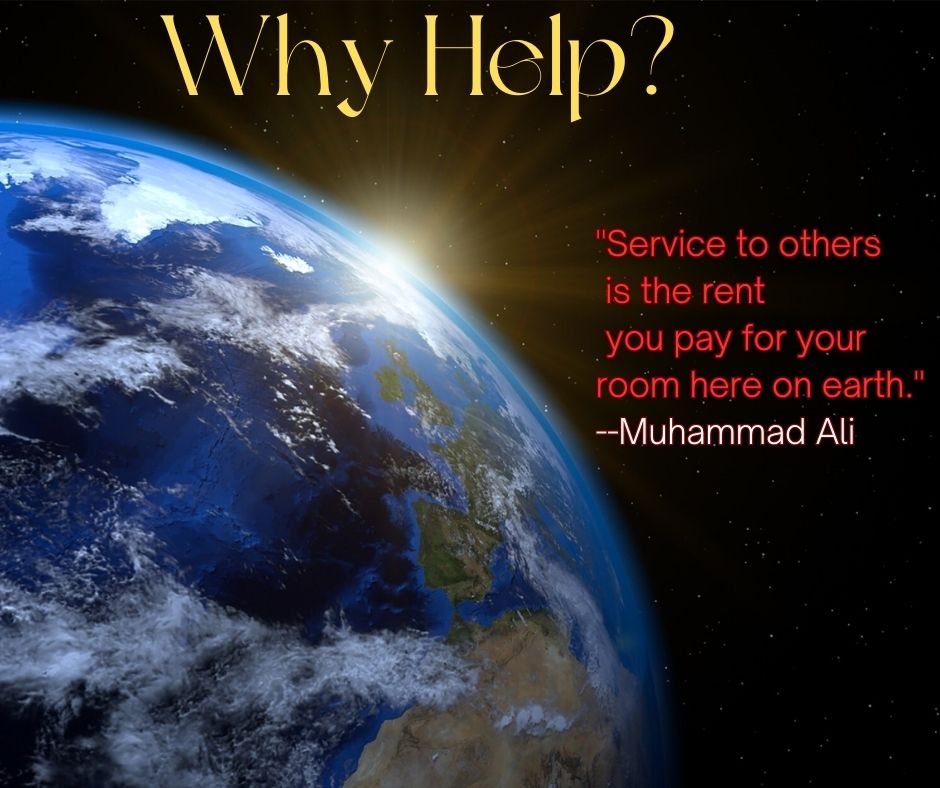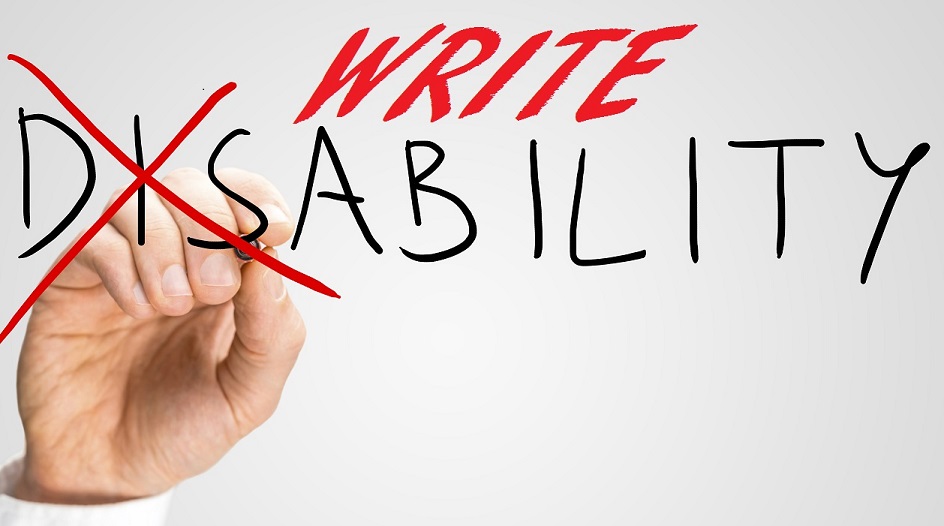Recently, I had a bad fall off my bike, it was the first time in years I had fallen while biking on the road. I forgot how terrible the sting of asphalt on the flesh is. Although I was able to quickly get up, fix my bike, and get back on the road to finish my ride; I have felt embarrassed since the fall.
Maybe it was embarrassment or pride, but I didn’t want to go see my doctor and decided to let a few friends know about my painful experience. No one likes having to ask for help for whatever reason. Take your pick from.
- We don’t want to be a burden
- We don’t want to be seen as vulnerable
- We make assumptions
After my car accident in college, there were a lot of things I couldn’t do and some I didn’t know that I couldn’t do. Of course, I didn’t want to ask for help, especially for basic things like feeding myself or using the bathroom in an actual bathroom.

It wasn’t until I fell off the toilet that I realized just how helpless I was. Even one nurse couldn’t help me. Nope. It took two nurses cramming into the bathroom to get me up and back to my bed.
I don’t know about you, but I consider using the restroom a private matter and I hadn’t needed help using it since I was a toddler. Back then, I also didn’t know I needed help.
“As to diseases, make a habit of two things – to help, or at least, to do no harm.”
Hippocrates (Greek physician)
Helpless
Living with a disability for the past 26+ years has taught me that it is okay to need and ask for help. Regardless of who you are, though, in time you will need some form of help. When I began the process of returning to work after my accident, I learned about the Americans with disability Act’s provisions for disabled persons.
Under the ADA persons with disabilities can ask for reasonable accommodations to help them do their job, ask for equipment or devices to help them do the job, and request modified work schedules to help disabled persons perform at their best.
Still, for me and many others, it can be hard to ask for help. But, if we swallow our pride there are many benefits to asking for help according to Restless.co/UK.
- Asking for help can boost happiness and improve connection with others.
- Seeking help is important for health.
- Asking for help encourages healthy relationships.
- Asking for help can boost confidence and self-esteem
- Asking for help can increase productivity

Since falling off of my bicycle, I have been struggling to prepare for an annual writer’s conference I attend, so I decided to reach out to a few writer friends for help and advice. Being hurt both slowed me down and reminded me of the importance of asking for help.
Thanks to the help from my writer friends, I have been able to get everything I needed done to prepare for the conference. I have learned in the past decade that writers enjoy helping other writers because they know we are better together!
Better Together?
It is important to understand we are better together because that is when and how we can help each other. Even if you don’t have a disability, at some point in life will humble you and you will have to ask for help.
By the time you read this, I’ll be attending the Blue Ridge Mountains Christian Writers Conference to get help learning more about the craft, networking, and helping other writers who are attending for the first time.

No writer starts at the top of the writing chain; we each must endure the pitfalls of the writing journey. It is important to network with other writers. Below are five ways writers helping other writers helps you from Writers in the Storm.
- Read and review
- Beta reading
- Critique groups
- Blogging
- Social Media
If you are attending a writer’s conference this year, please keep in mind it is more than just an opportunity to see friends and socialize, it is an opportunity to get the help you need and to help others get the help they need.
We are all on the writing journey together, just at different stages of the journey. Serious writers attend writing conferences because they understand it is okay to ask for help!

Martin Johnson survived a severe car accident with a (T.B.I.) Traumatic brain injury which left him legally blind and partially paralyzed on the left side. He is an award-winning Christian screenwriter who has recently finished his first Christian nonfiction book. Martin has spent the last nine years volunteering as an ambassador and promoter for Promise Keepers ministries. While speaking to local men’s ministries he shares his testimony. He explains The Jesus Paradigm and how following Jesus changes what matters most in our lives. Martin lives in a Georgia and connects with readers at MartinThomasJohnson.com and on Twitter at mtjohnson51.





2 Comments
Asking for help also adds value to the one being asked. We all need to be needed!
Great point!